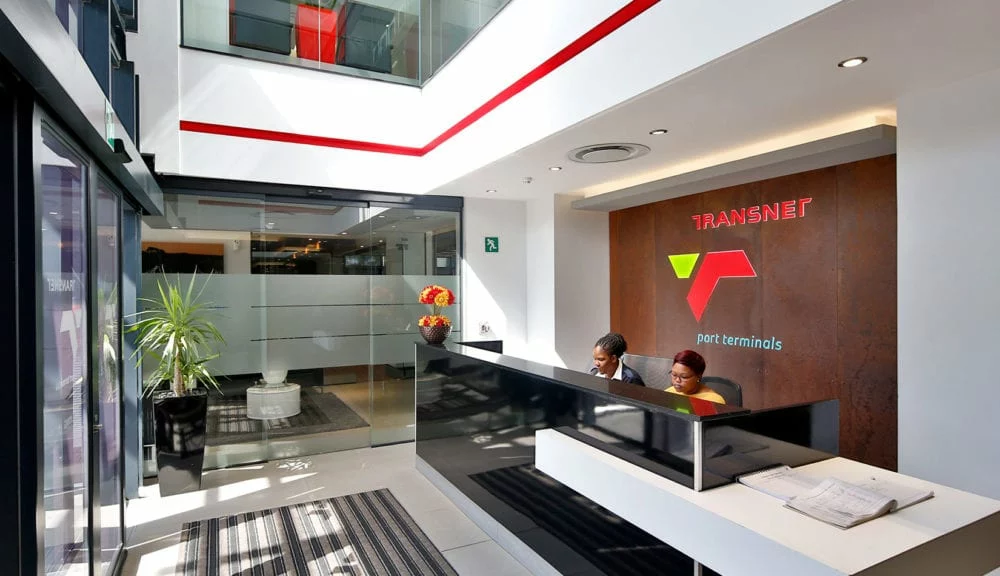Finance Minister Enoch Godongwana will need to pump close to R100-billion into Transnet’s balance sheet to make the state-owned entity commercially viable and operate in a
manner that will benefit the country’s economy.
This was said by economist Duma Gqubule as Godongwana is set to deliver the 2025 Budget Speech on Wednesday. Gqubule said Godongwana needed to prioritise saving the ailing state-owned entity (SOE) from further collapse.
The rail, pipeline and port company, which ranks as the country’s second-largest SOE, has in recent years experienced a bumpy ride. In the 2024 financial year, the company posted a whopping R7.3-billion net loss, a fall from grace when compared to a R5-billion profit the
company generated in the 2019 financial year.
“Minister Godongwana has no choice but to provide balance sheet support to Transnet of R90-billion over three years, which will be on the same basis as the funding that was previously given to Eskom. This is due to the fact that the Transnet debt is R150-billion and 60% of that is R90-billion,” Gqubule said.
“What we need to understand is that once Eskom got the balance sheet support from the government, they could invest in power stations and maintenance and the company’s performance is now far better. That’s why I think the government has no option but to allocate funds for Transnet in the 2025 National Budget.”
In his 2025 State of the Nation address, President Cyril Ramaphosa indicated that
government would give Transnet backing.
“Our immediate focus is to enable Eskom, Transnet and other state-owned enterprises that are vital to our economy to function optimally,” said Ramaphosa.
The president also added that the government would spend R940-billion on infrastructure, which includes R375-billion in spending by SOEs.
Gqubule, however, said the R940-billion was too little to boost the economy.
“It is not a lot of money because this means the government is going to spend just over R300-billion on infrastructure development projects each year, which is about 4% of GDP. It is way below 10% of the GDP target of the National Development Plan.
“We had a similar amount in the 2023 and 2024 budget, and it didn’t shift the dial,” he said.
Another economist, Mandla Maleka, said the 2024 budget would have to demonstrate the benefits of the withdrawals from the two-pot system.
“This has to be visible from consumption spending either this year or the next few years. I am emphasising this point as a non-growing economy has little fighting chance to increase its revenue and thereby attend to the priorities of the economy.
“In the last budget speech, household consumption (which accounts for over 65% of consumption), was expected at 1.8% in 2025 with a soft landing of 1.7% in 2026. Of the almost 40% qualifying individuals, in excess of R40-billion was withdrawn.
“Therefore we expect a bump to both 2025 and 2026 fiscal years that’ll lift GDP from lowly 1.6% and 1.8% to be circa 2% on average for 2025 and 2026. Otherwise, the consumption stimulus could be judged as good as didn’t work.”
Maleka added that spending on social items like education, health, social development will dominate the budget with numbers north side of a trillion of rands this fiscal year.
“Yet we can’t employ teachers, nurses, doctors and other professions – yet we spend trillions?”
“Personal income tax will continue to dominate as the source of revenue, while corporates will be outperformed by VAT collection and corporate taxes will be a laggard as a third source of revenue. In fact, corporate SA, which has more protection, contributes little over R300-billion and creates ‘zero’ employment despite the many incentives they
receive from the government.”



